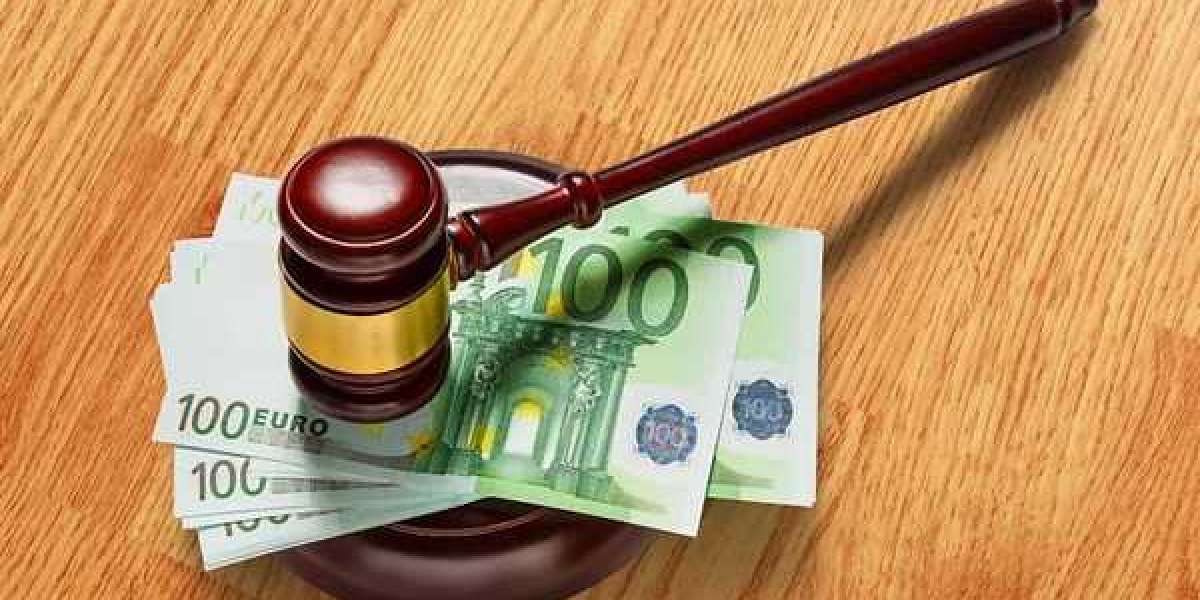(a) This is fundamental because there is no point engaging a lawyer that you are not able to afford. However, I do not suggest looking for just the “cheapest” lawyer.You would need to consider what the “charges” include (i.e. the kind of work, the competence of the lawyer handling your matter, etc.).
(b) Law firms are businesses too, so they would have running costs (i.e. rental, salaries for lawyers / staff, infrastructure, etc.). So, if you land a “good deal”, always ask yourself what is being sacrificed. In the most simplistic of terms, people (and law firms) can only handle a certain volume efficiently. For a law firm, lower costs would mean the need to take on more cases, meaning less time able to be spent on each matter. No matter how “simple” a matter is, to handle a legal matter properlyrequires a certain amount of time. As the saying goes, “There is nothing more expensive than a cheap lawyer”.
(c) I am also not suggesting going in the total opposite direction. “Most expensive” does not mean “best” either. An inexperienced lawyer may end up spending more time and costs compared to an experienced lawyer who is able to accomplish the same piece of work in a shorter time. Ultimately, price must be seen together with all other relevant factors and should not be the only consideration.
(d) Knowing the basis of charges is equally (if not more) important. Certain aspects / events are unpredictable, such as another party’s response, and sometimes these result in necessary deviations. Understanding the basis of charges, would avoid unnecessary misunderstandings about fees due to such necessary deviations. Of course, I always set out my proposed course of action (and my fees). If any deviations are necessary, I would inform my client as soon as possible, and concurrently set out my revised fee estimate, which are in turn calculated using the same earlier basis of my charges.
(e) In my view, expecting lawyers to keep lowering their fees is just unsustainable. Eventually, good lawyers are going to leave the industry, thereby lowering the overall standard of our profession. At the same time, expecting the public to pay for more is equally unsustainable.Perhaps the appropriate balance can be approached in 2 ways:
(i) We lawyers should set a Price/Costs Guide. This will just be a guide and non-binding.The guide would be based on certain basic assumptions which would be made known to the public. The purpose would be to provide a “starting point” or a “point of reference” for both lawyers and the public alike. Lawyers who charge more to differentiate themselves, would have to convince clients that they are worth that much more. Equally, clients who appoint lawyers based on lower fees alone do so with realistic expectations – e.g. that the lawyers may not respond so promptly because of the volume of cases they are handling to make up for the lower fees, or a less experienced lawyer may be assigned to the matter.
(ii) Concurrently, I hope that either the government and/or other larger insurance / financial institutions could study the possibility of some form of“LegalInsurance”. I am well-aware of the various policy considerations and concerns against such schemes, amongst others, not encouraging litigation, and insurance fraud. But, for the Rule of Law to truly be engrained in our DNA, people must be able to take part in the legal process. Access to legal representation needs to be brought closer to the level of healthcare access (*in the Singapore context).







